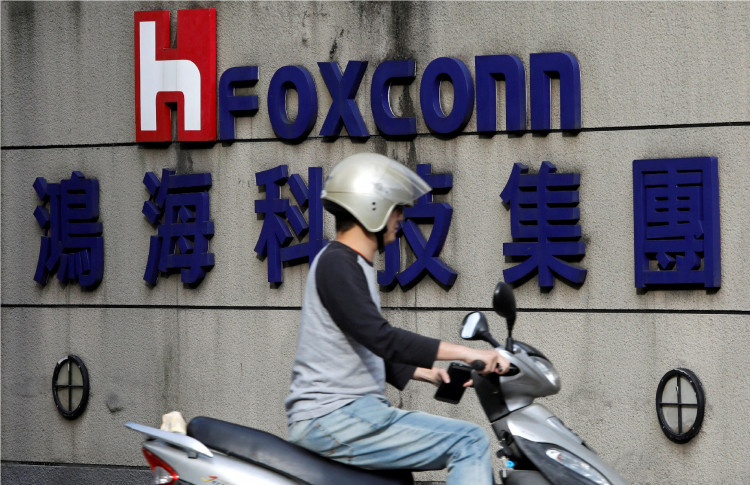The latest exchange of tariffs between China and the United States caused more Taiwanese tech firms to move their manufacturing operation out of China, fearing the increase of United States tariffs from 10 to 25% on many tech imports.
In May, the United States President Donald Trump threatened to increase tariffs to 25%, causing some Taiwanese firms that have manufacturing plants in China to start making their PCs, smartphones, and tablets for America's tech giants in Taiwan.
Taiwanese firm operations in China started in the early 90s because of its attractive market size, licensing, tax breaks, its large quantity of graduates and workforce, and many other factors. China is currently home to a large number of Taiwan-based firms.
Taiwanese forms are currently forced by the increase in tariffs to move their productions from China to Taiwan to cater to the needs of their United States clients.
Export-dependent tech firms in China started to feel the effects of the trade war on their operating costs.
The companies are now seeking solutions to alleviate the effects of the tariffs on their production in China. Some of the companies started to pack parts of their operations out of China.
Last year, SparkLAN communications, a wireless network equipment manufacturer, and Kingbox Electronic Technology, a memory device manufacturer, started moving portions of its Chinese operations to Taiwan. Other Taiwanese firms followed the trend set by the tariffs.
The firms are complaining that their operational costs were too high for United States Export because of the latest increase in tariffs. Andrew Mo, of the Fuga Electronics CO, said that they are reducing its production in China by 23 percent and they have already started the transition.
During an interview with CommonWealth Magazine last month, Hon Hai/Foxconn Technology Group Chairman Terry Gou said that his firm will relocate part of its operations in Tianjin and Shenzen to Kaohsiung in southern Taiwan.
GigaFast, a powerline technology equipment, will start moving some of its mainland China production in July to its existing suppliers to accommodate the demand to avoid the additional duties in some of its products. The company was advised by some of its clients in the United States to move its production to Taiwan.
Some firms, however, still doubt whether to move out or not. A spokesperson from MSI said that the firm is still debating the plan to reduce its Chinese production amid the latest tariffs.





